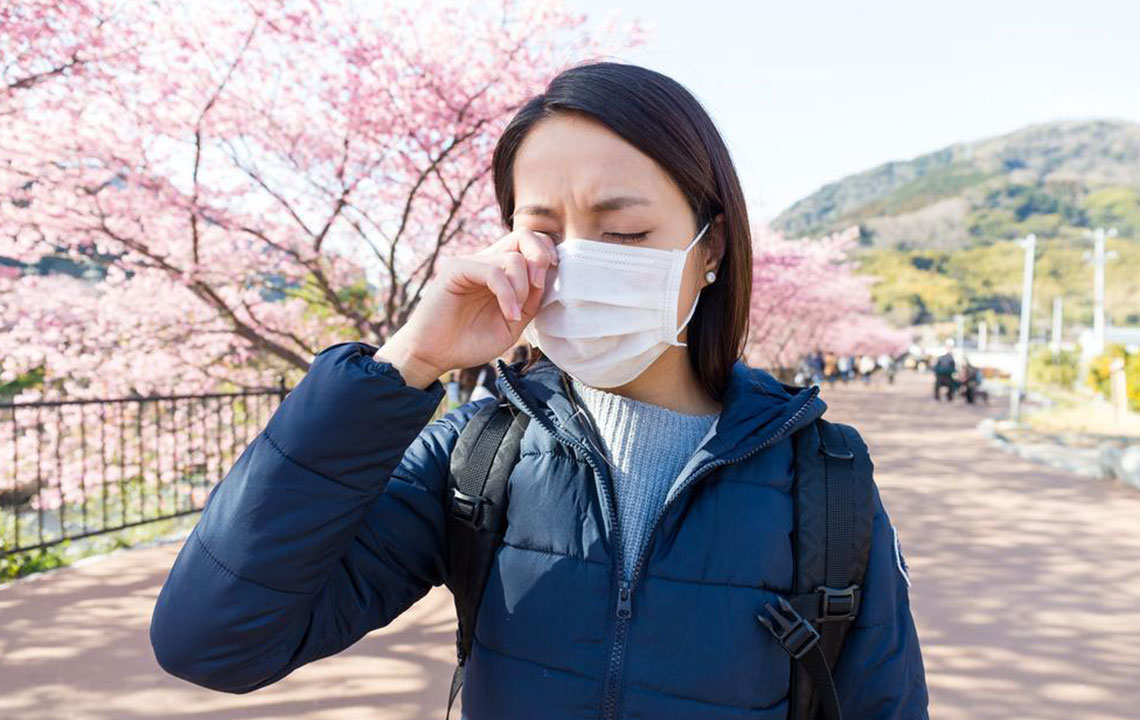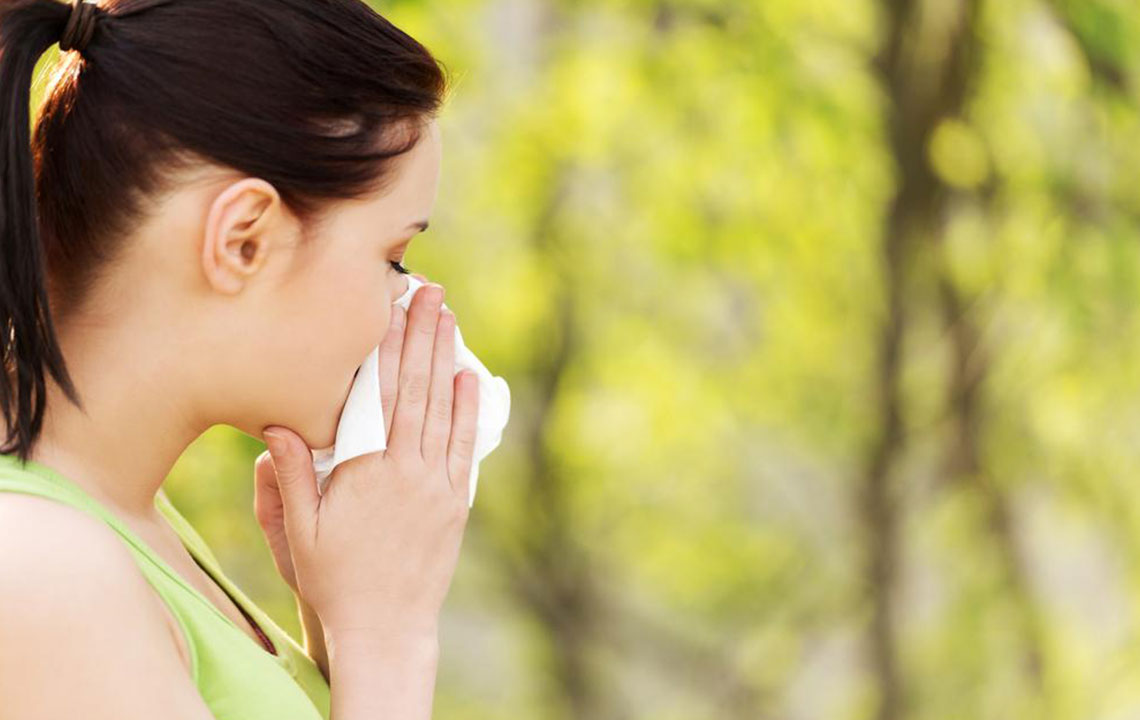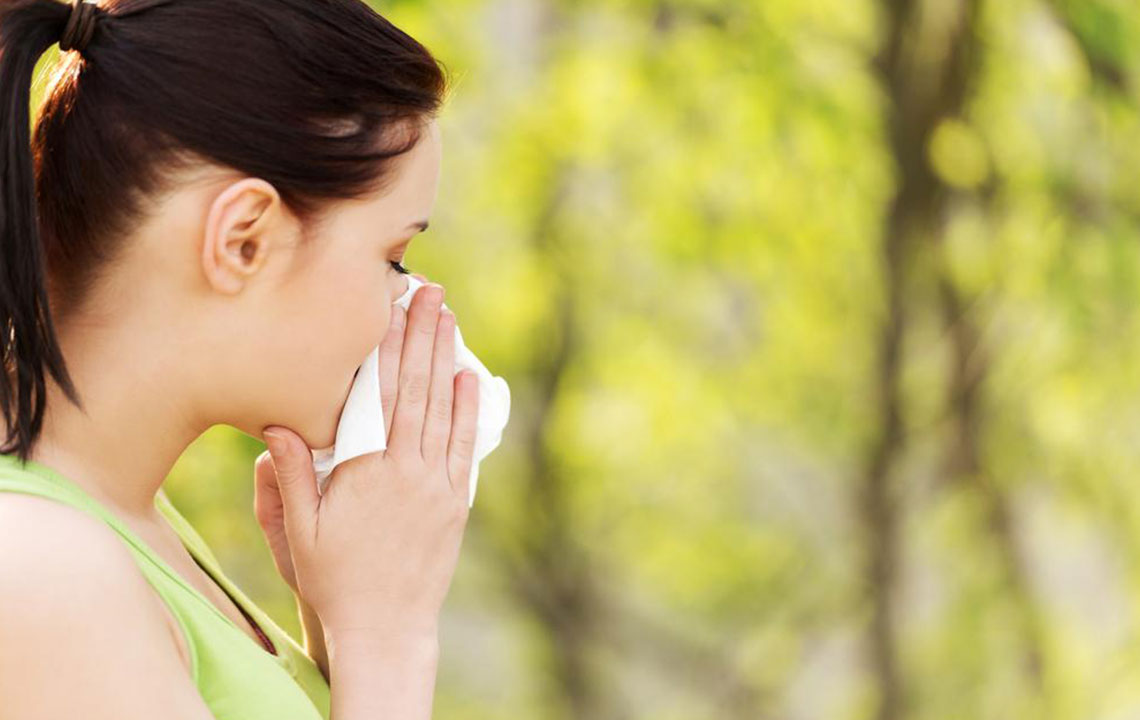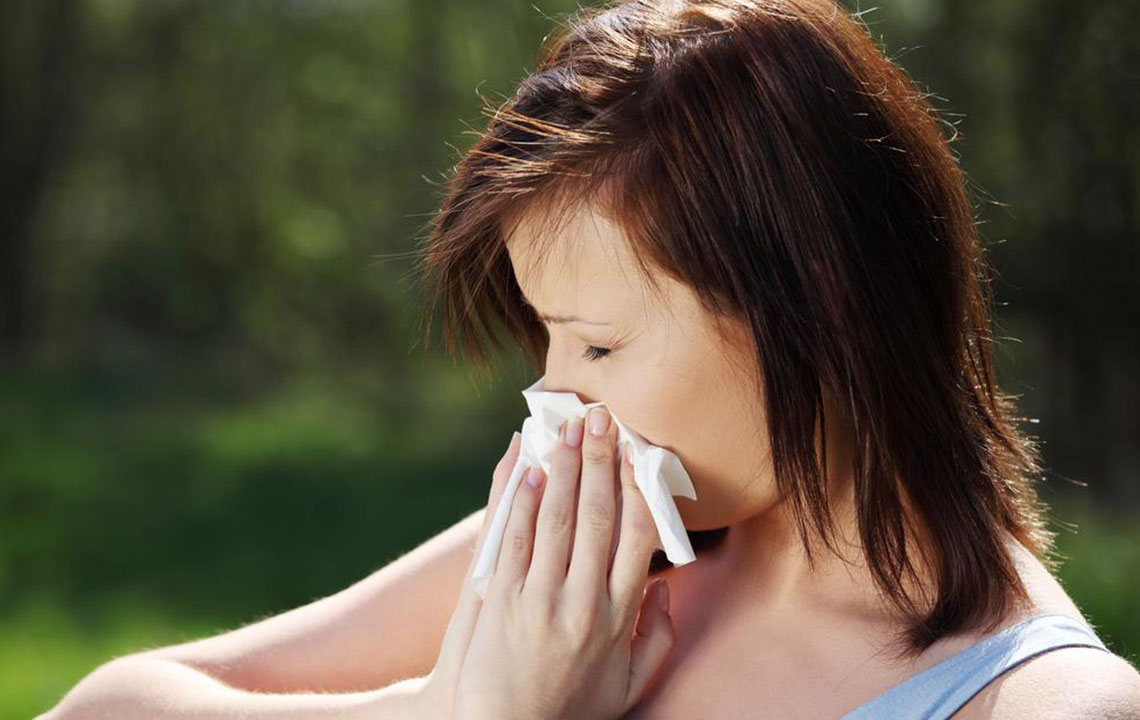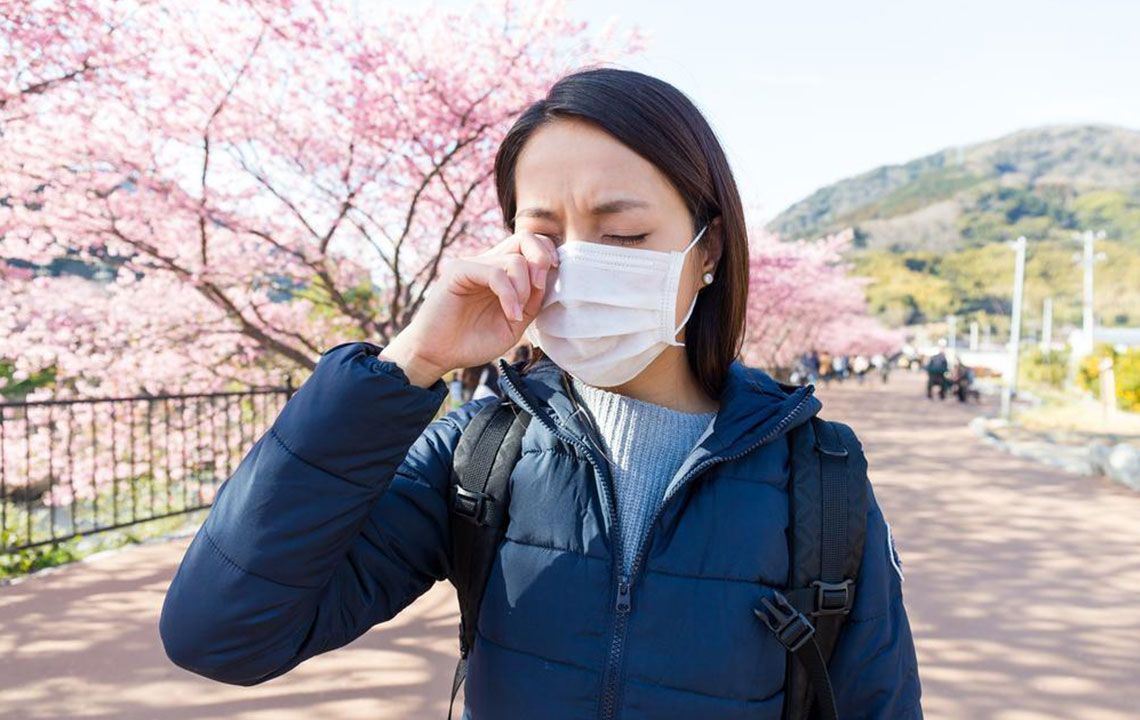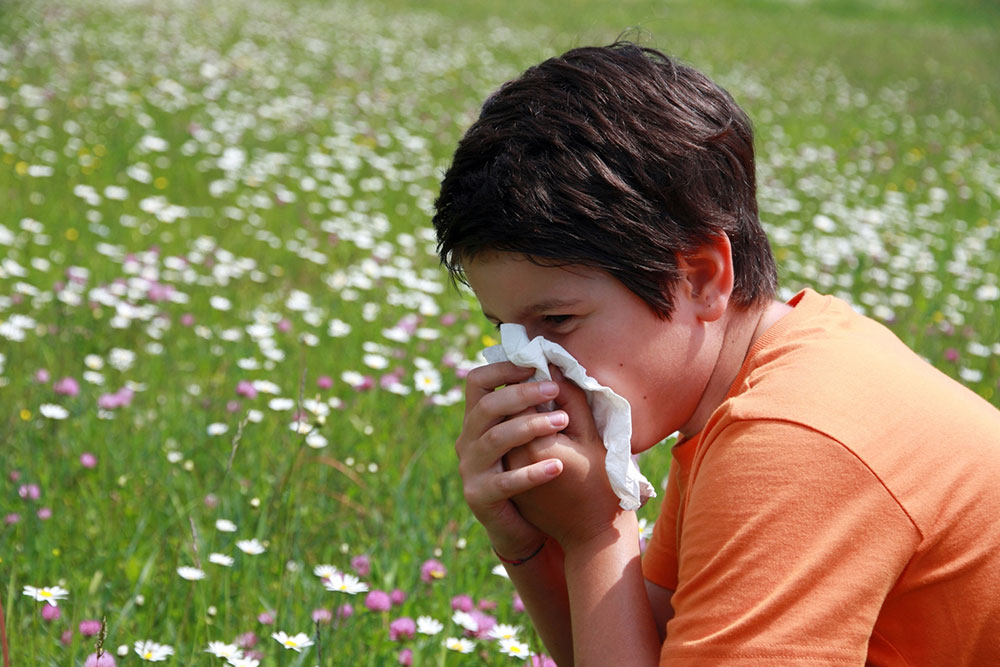Comprehensive Guide to Pollen Allergies and Relief Strategies
This comprehensive guide explores pollen allergies, their symptoms, diagnosis, management strategies, and home remedies. It helps sufferers understand triggers and learn effective ways to reduce symptoms and improve quality of life during pollen seasons.
Sponsored
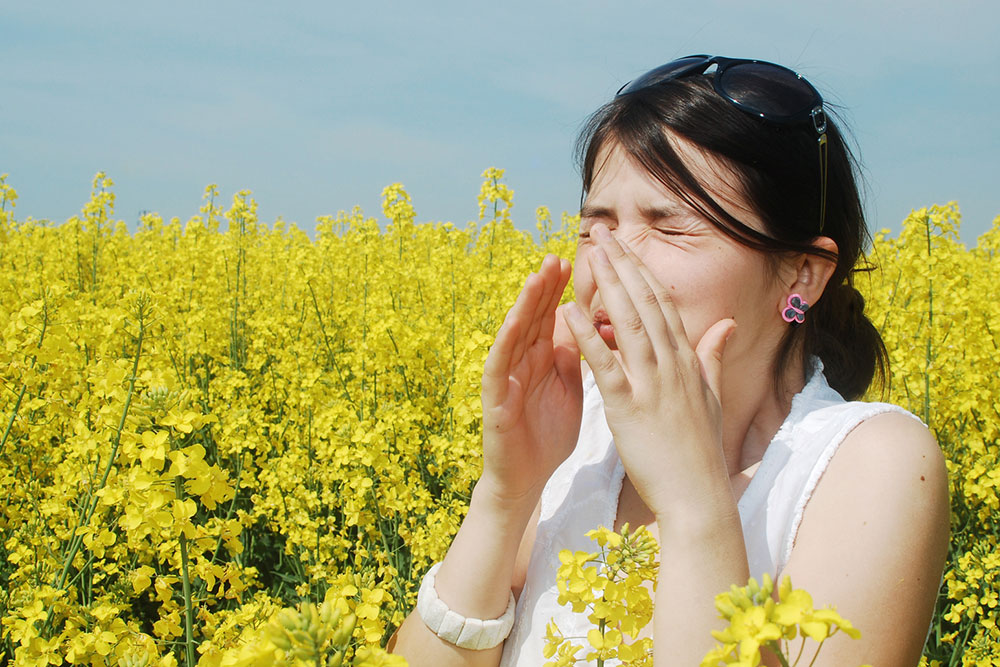
Understanding Pollen Allergies and How to Manage Them
Pollen, a fine powder produced by various plants such as flowers, trees, and grasses, is essential for plant reproduction. However, when inhaled by sensitive individuals, pollen can trigger immune responses, resulting in allergic reactions. A significant portion of the population suffers from pollen allergies, which are often seasonal.
Normally, the immune system defends the body against harmful pathogens. In allergy sufferers, it mistakenly identifies harmless pollen as a threat, producing antibodies that lead to allergy symptoms. This reaction is commonly called hay fever or seasonal allergic rhinitis.
What Are the Signs of Pollen Allergies?
Living with pollen sensitivity often involves experiencing symptoms like nasal congestion, sneezing, itchy and watery eyes, sinus pressure, coughing, mild hearing loss, sore throat, increased asthma episodes, and dark circles under the eyes.
Identifying Your Pollen Allergy
Pollen from sources like oak, birch, cedar trees, grasses, and weeds such as ragweed and sagebrush can cause allergy symptoms. Grasses tend to be the most common culprits. To determine your specific allergic triggers, consult an allergy specialist. Knowing which pollen affects you helps plan medication and protective measures during peak pollen seasons.
Diagnosing Pollen Allergy
Diagnosis involves skin or blood tests:
Skin Prick Test (SPT): Small skin areas are pricked with allergens; swelling and redness indicate allergies.
IgE Blood Test: Blood samples are analyzed to measure allergen-specific antibodies, useful if skin tests aren't suitable.
Managing and Treating Pollen Allergies
The most effective approach is avoiding exposure. Stay indoors during windy days, keep doors and windows shut during high pollen counts, avoid outdoor activities in peak seasons, and use masks when necessary. Over-the-counter medications can alleviate persistent symptoms. In severe cases, allergen immunotherapy or allergy shots may provide long-term relief by gradually desensitizing your immune system.
Home Remedies for Allergy Relief
Use HEPA filters in your home's ventilation to trap pollen particles.
Consume herbal supplements like butterbur or Spirulina known for allergy relief.
Incorporate probiotics and 2,000 mg of Vitamin C daily to bolster immunity.
Diffuse essential oils such as peppermint or eucalyptus for respiratory comfort.
Try Bromelain, an enzyme helpful in improving breathing.
Always change clothes after outdoor activities to reduce pollen contact.
If symptoms worsen despite these measures, seek medical attention and consult your healthcare provider before trying new supplements or herbs to prevent adverse effects.

